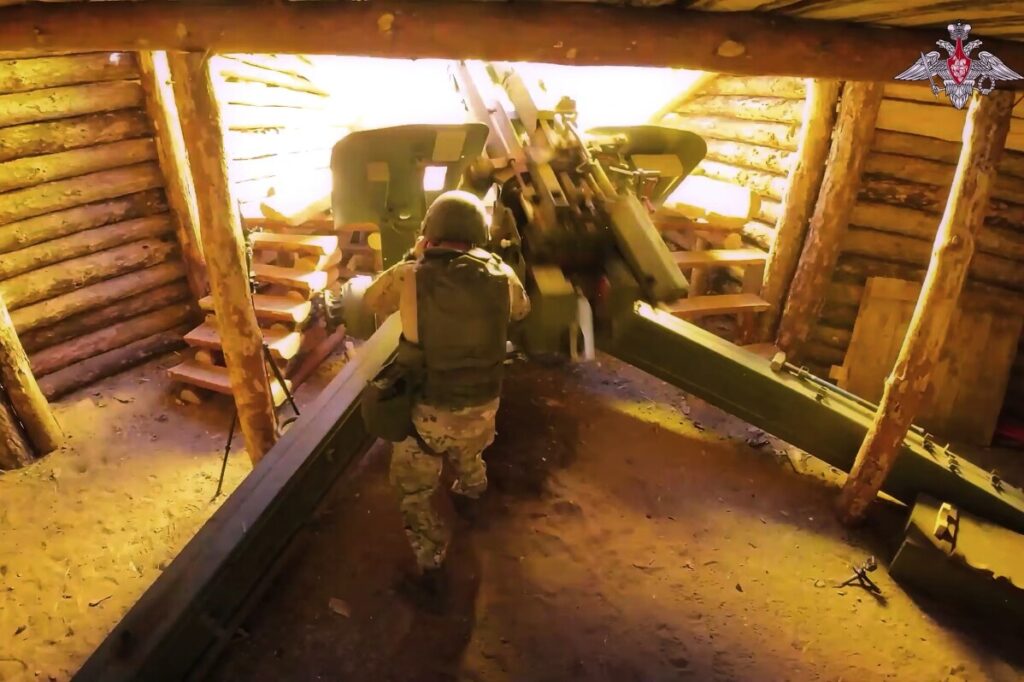Zelenskyy’s Cabinet Shuffle: Cosmetic Change Amid Ukraine’s War Struggles
President Zelenskyy reshuffles Ukraine’s Cabinet, prioritizing loyalty over true reform, while the war drags on and domestic weapons production struggles to meet demands.

In the midst of a brutal, prolonged conflict that directly challenges Western interests and tests America’s commitment to global freedom, Ukrainian President Volodymyr Zelenskyy has announced a Cabinet reshuffle that appears more cosmetic than substantive. The move signals continuity rather than change in Kyiv’s government, raising critical questions about whether this shuffle can truly reinvigorate Ukraine’s war effort or merely preserve a status quo marked by inefficiency.
Is This Just Window Dressing?
Zelenskyy submitted nominations last week proposing Yuliia Svyrydenko—a steadfast loyalist and current minister of economy—as the new prime minister, while shifting longtime Prime Minister Denys Shmyhal to the role of defense minister. Shmyhal’s resignation from his post after five years might look like shaking up leadership on paper, but his retention in a powerful defense position reveals that true change remains elusive.
Svyrydenko’s track record shows her negotiating skills with Western partners and alignment with presidential priorities. Yet critics note that both she and Shmyhal have largely functioned as extensions of Zelenskyy himself rather than independent reformers capable of tackling Ukraine’s entrenched governance problems.
Meanwhile, Russia’s relentless invasion continues to strain Ukraine’s resources. Despite promises from Kyiv about boosting domestic weapons production—especially drones critical for frontline success—regulatory easing and economic unlocking remain promises rather than lived realities. As American taxpayers fund billions in aid, it is fair to ask: Is Kyiv maximally leveraging this backing or simply maintaining political loyalties?
Why Does This Matter to America?
The U.S. has poured massive support into Ukraine under the banner of defending democracy and national sovereignty. But when leadership reshuffles prioritize loyalty over transparent accountability and reform, it risks prolonging conflict without clear progress toward victory or stability.
This stagnation also opens doors for Kremlin influence through corruption or dysfunction within Ukraine’s defense procurement systems—problems even former officials admitted still plague the ministry despite reforms attempts.
True leadership requires more than reshuffling faces; it demands operational excellence and sound governance aligned with America First principles—defense readiness, responsible stewardship of resources, and unwavering commitment to sovereignty.
If Washington’s support is to translate into lasting security gains rather than endless financial commitments feeding bureaucratic inertia, we must demand Ukrainian reforms beyond mere personnel swaps.
